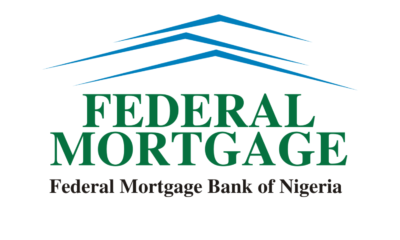- Mortgage Market Active in May –Report
A strong performance in April was followed by an equally active May for the UK mortgage market, which showed no signs of being affected by the slowdown facing the property sector.
There were 65,801 residential mortgages approved during May 2019, up 1.2 per cent compared to the same month in 2018, according to the data from the latest Mortgage Monitor from chartered surveyors e.surv.
This growth comes at a time when activity in the property market has tailed off in many areas, with many local markets showing little signs of growth and it is existing home owners who have driven the mortgage market forward so far in 2019.
According to Propertywire.com, the report found that this is because mortgage lenders have continued to offer competitive deals, despite many having to contend with higher funding costs. May’s lending total did drop back slightly from last month’s figure, falling by 0.7 per cent month on month.
The proportion of loans given to first time buyers and others with small deposits also declined when compared to April’ with a fall of 0.7 per cent. However, this figure is still well ahead of the 26 per cent recorded in March and demonstrates the strong performance of the first time buyer market, even when others are holding off on making purchases.
“While few people are moving when they don’t have to, first time buyers are still desperate to get onto the ladder. Existing home owners, they are being tempted into the market by near record low interest rates. Those looking to switch could save hundreds of pounds a month by moving to a cheaper deal from a rival lender,” said Richard Sexton, director at e.surv.
The proportion of mortgage approvals to borrowers with a small deposit dropped back slightly in May. Large deposit borrowers felt the benefit somewhat, but it was the mid-market which saw the greatest increase in activity. Over the course of the month, 27.7 per cent of all loans went to smaller deposit borrowers, down compared to last month.
Meanwhile the number of loans to their larger deposit counterparts grew modestly from 24.3 per cent to 24.5 per cent. This meant it was mid-market borrowers who increased their share of the market most substantially, growing from 47.2 per cent to 47.8 per cent month on month. This returns activity to the exact level recorded in March.
On an absolute basis, the number of small deposit borrowers dropped from 18,748 to 18,227.
“The strength of the remortgage market means that many mid-market borrowers, who often benefit most from switching, are flocking to lenders in search of a cheaper deal, supported by advice from mortgage professionals,” Sexton pointed out.
Yorkshire had the most favourable market conditions for small deposit borrowers in May and has held its place at the top of the chart throughout 2019 so far. In Yorkshire 34.9 per cent of all loans went to this part of the market, higher than all rival regions. In the North West, the nearest challenger, this figure was 33.7 per cent The only other region to record over 30 per cent was the Midlands, which registered a total of 31.3 per cent this month.
At the other end of the scale, London was once again the most difficult market for these borrowers, with just 17.5 per cent of loans in the capital made to these customers. London was once again dominated by those with large amounts of equity, with 32.8 per cent of all loans going to them. This is ahead of South East, which recorded 27.9 per cent, and Eastern England, which was 25.9 per cent. By contrast, the proportion of large deposit borrowers in Yorkshire was 19.1 per cent and in the North West 19.3 per cent.
“Few people are likely to move to the other end of the country purely in search of a cheap house, but those in, or close to Yorkshire stand a much better chance of getting onto the property ladder with a small deposit,”Sexton said.


 Billionaire Watch3 weeks ago
Billionaire Watch3 weeks ago
 Startups4 weeks ago
Startups4 weeks ago
 News4 weeks ago
News4 weeks ago
 News4 weeks ago
News4 weeks ago
 Bitcoin4 weeks ago
Bitcoin4 weeks ago
 Naira4 weeks ago
Naira4 weeks ago
 Forex3 weeks ago
Forex3 weeks ago
 Treasury Bills4 weeks ago
Treasury Bills4 weeks ago
























